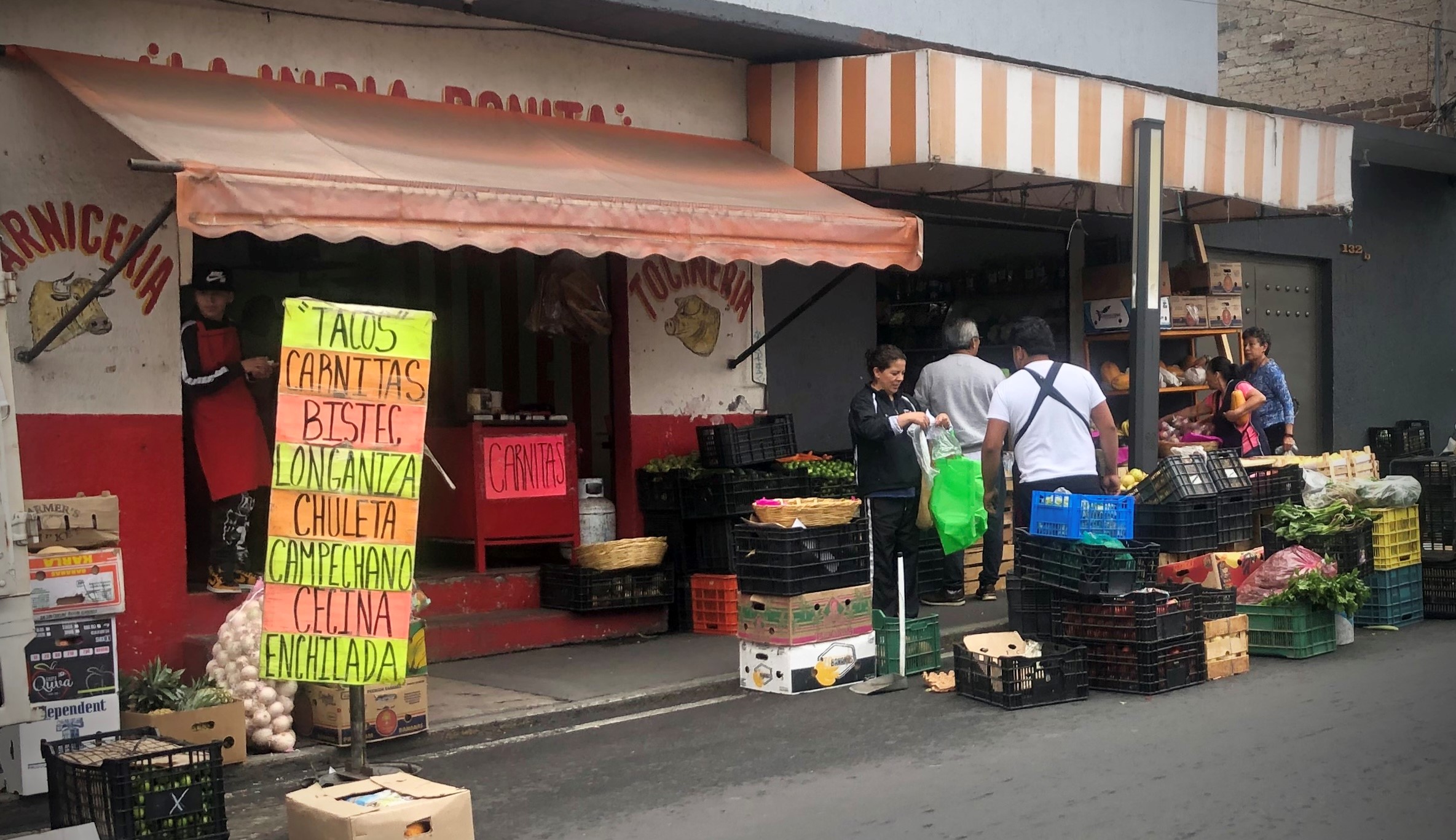Success and failure factors in the succession of local family businesses: an approach for Mexico
Resumen
Family businesses are important to the Gross Domestic Product (GDP) and employment of any economy. For example, in Spain they generate approximately 58% of GDP and 67% employment; in Mexico, these companies employ about 25 million people (Empresa, 2022). Hence the importance, for these companies to survive over time and in the following, generations. The objective of this work is to identify the components of the organization and operation that allow the generational permanence of Mexican family businesses. For this, a questionnaire of 20 reagents was constructed, applied to 35 Mexican family businesses with more than 10 years in the market, whose owners are heads of families between 55-65 years old. From categorizing the answers of the questionnaire with Likert scale, a logit model is adjusted that throws the probability of succession of the family business. The results show that academic preparation and values as intrafamilial variations were significant; implying that the more education the next head of the company has will be crucial for the company's permanence within competitive markets; While there are different values that have a negative impact on the probability of permanence of the family business.




